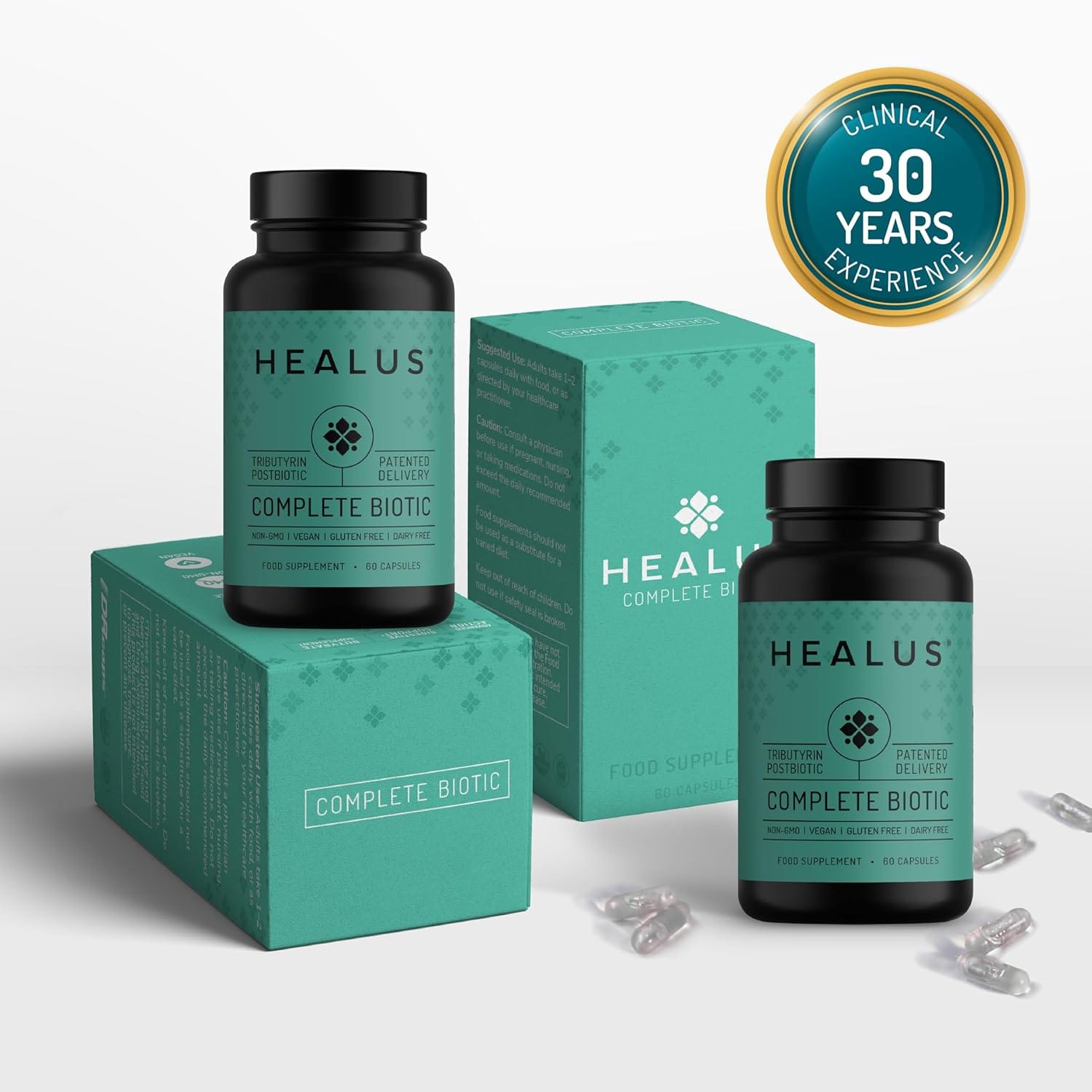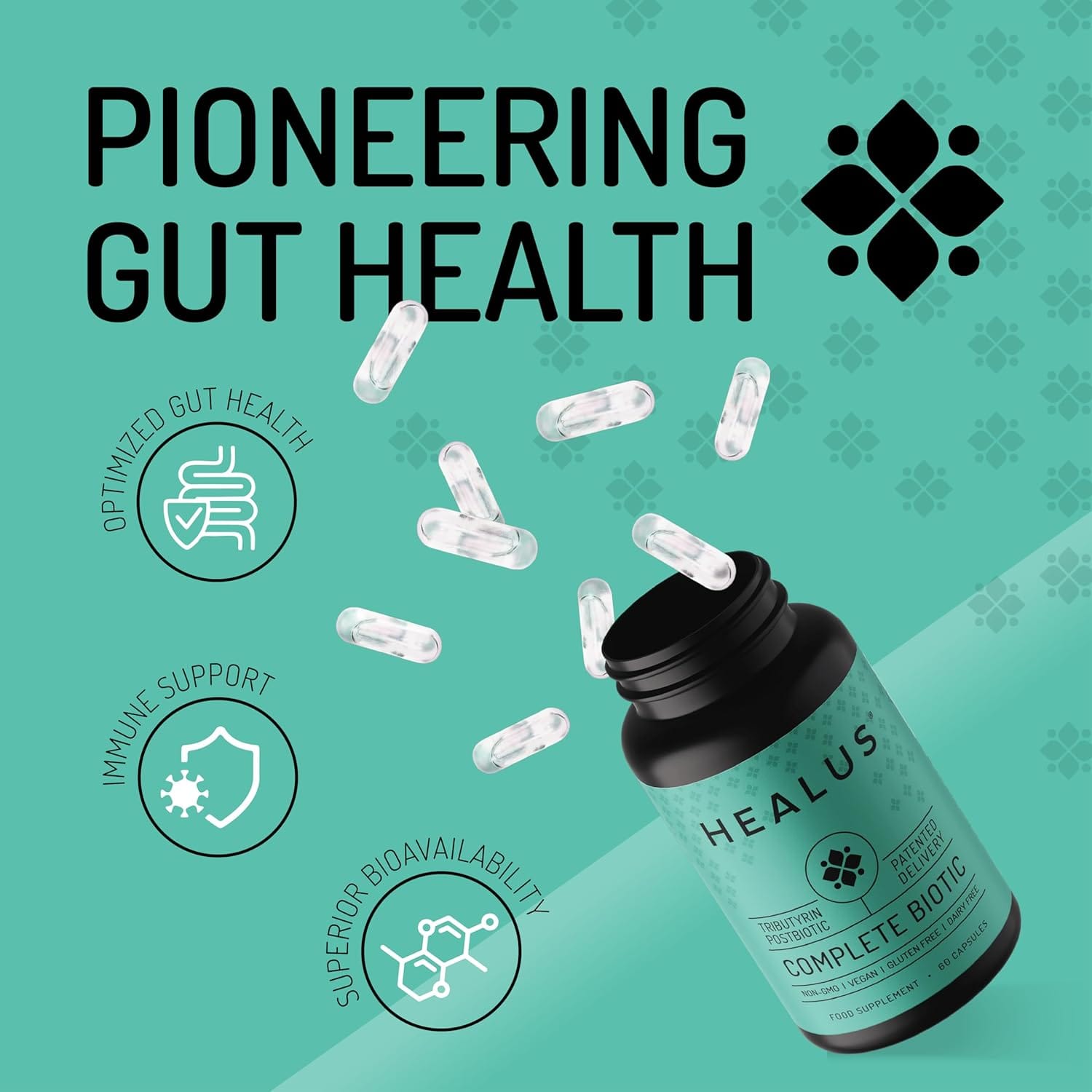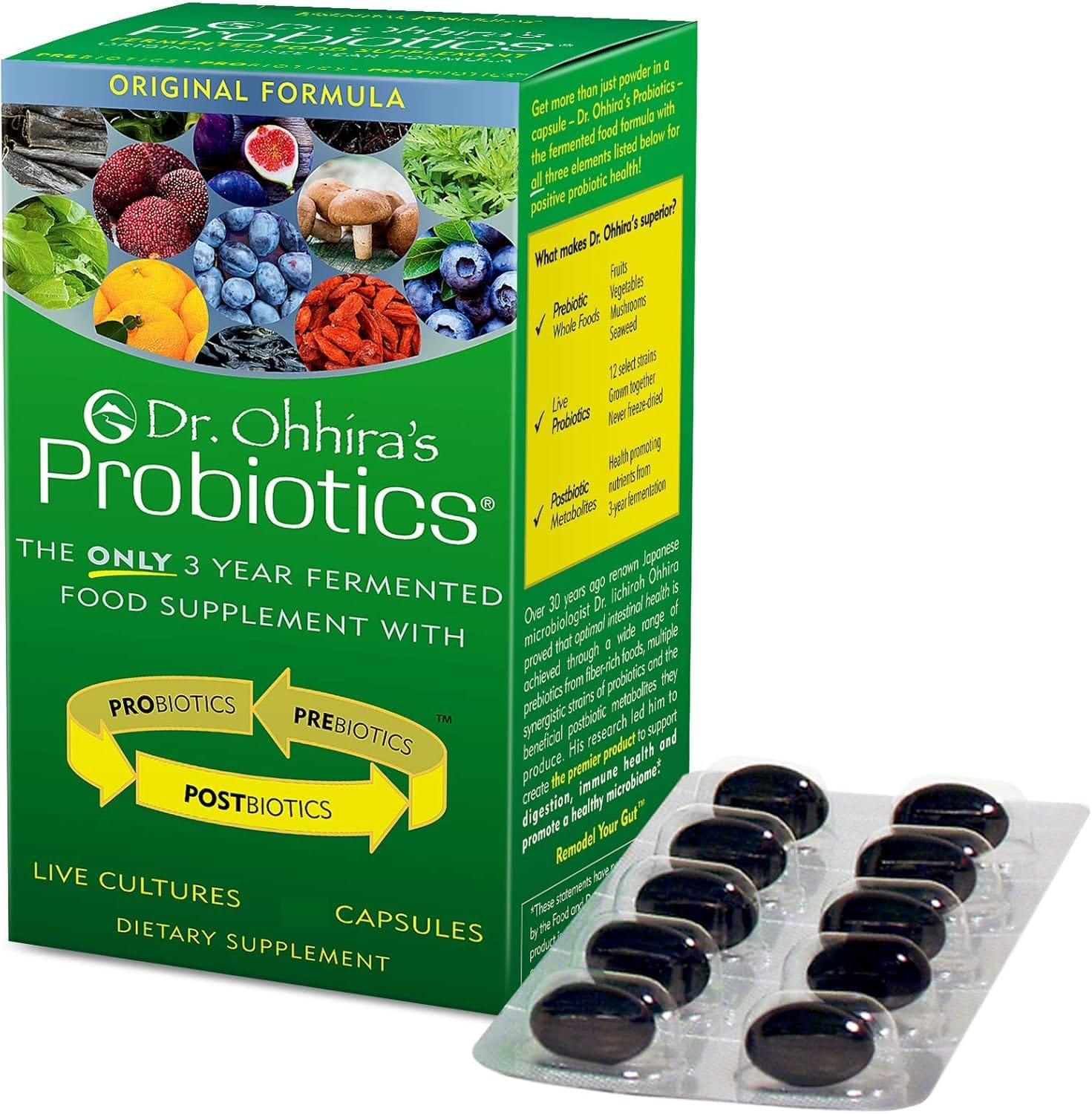Key Takeaways:
- Postbiotics, while beneficial, can have potential side effects that need consideration.
- Understanding individual health conditions is crucial before incorporating postbiotics into your diet.
- Consulting healthcare professionals can help mitigate risks associated with postbiotic consumption.
Introduction to Postbiotics
Postbiotics are the latest buzz in the health and wellness sector, often touted as the next big thing after probiotics and prebiotics. These are the byproducts of probiotic bacteria, essentially the waste products left after probiotics consume prebiotics. While they are celebrated for their potential health benefits, it's essential to understand the potential downsides before jumping on the bandwagon.
The Rise of Postbiotics

In recent years, postbiotics have gained popularity due to their purported health benefits, including boosting the immune system and improving gut health. However, as with any health trend, it's important to look beyond the hype and examine the potential drawbacks. While they may seem like a magic bullet for health, they are not without their pitfalls.
Understanding Postbiotics
Postbiotics are non-living bacterial products or metabolic byproducts from probiotic microorganisms. They include short-chain fatty acids, functional proteins, and extracellular polysaccharides. While these components can offer health benefits, they can also pose risks, especially for individuals with specific health conditions.
Potential Allergic Reactions

One of the primary concerns with postbiotics is the potential for allergic reactions. Since they are derived from bacteria, individuals with sensitivities to certain bacterial strains may experience adverse reactions. Symptoms can range from mild discomfort to severe allergic responses, making it crucial to approach postbiotics with caution.
Digestive Issues
While postbiotics are often praised for their digestive benefits, they can also cause digestive issues in some individuals. Overconsumption or sensitivity to certain postbiotic components can lead to bloating, gas, or diarrhea. It's important to monitor your body's response when introducing postbiotics into your diet.
Interactions with Medications

Postbiotics can interact with certain medications, potentially altering their effectiveness. For instance, individuals on immunosuppressive drugs or antibiotics should be cautious, as postbiotics can interfere with these medications. Consulting a healthcare provider before starting postbiotics is advisable to avoid unwanted interactions.
Impact on Immune System
While postbiotics are known to boost the immune system, they can also overstimulate it in some cases. This can be particularly concerning for individuals with autoimmune disorders, where an overactive immune response can exacerbate symptoms. Understanding your immune health is crucial before incorporating postbiotics.
Quality and Purity Concerns

The quality and purity of postbiotic supplements can vary significantly between brands. Contaminants or impurities in poorly manufactured products can lead to adverse health effects. It's essential to choose reputable brands and consult with healthcare professionals to ensure safety.
Lack of Regulation
The postbiotic industry is still relatively new and lacks comprehensive regulation. This can lead to inconsistencies in product quality and efficacy. Consumers should be wary of unverified claims and seek products that have undergone rigorous testing and certification.
Limited Research

While the potential benefits of postbiotics are promising, research is still in its infancy. Many claims are based on preliminary studies, and more extensive research is needed to fully understand their effects. Relying solely on postbiotics for health benefits without sufficient evidence can be risky.
Individual Variability
The effects of postbiotics can vary greatly from person to person. Factors such as genetics, existing health conditions, and lifestyle can influence how an individual responds to postbiotics. It's important to consider these variables and approach postbiotics with a personalized mindset.
Overreliance on Supplements

Relying heavily on postbiotic supplements can lead to neglecting other essential aspects of a healthy lifestyle, such as a balanced diet and regular exercise. Postbiotics should complement, not replace, a holistic approach to health and wellness.
Cost Considerations
Postbiotic supplements can be expensive, and their cost may not be justified given the limited research and potential downsides. It's important to weigh the financial investment against the potential benefits and risks before committing to regular use.
Ethical and Environmental Concerns
The production of postbiotics can raise ethical and environmental concerns, particularly regarding the sourcing and sustainability of raw materials. Consumers should consider the environmental impact and ethical practices of manufacturers when choosing postbiotic products.
Misleading Marketing Claims

The marketing of postbiotics can sometimes be misleading, with exaggerated claims about their benefits. It's important to critically evaluate these claims and rely on scientific evidence rather than marketing hype when making decisions about postbiotic use.
The Role of Healthcare Professionals
Consulting healthcare professionals before starting postbiotics is crucial to ensure they are appropriate for your individual health needs. Professionals can provide guidance on dosage, potential interactions, and monitoring for adverse effects.

Can postbiotics cause allergic reactions?
Yes, postbiotics can cause allergic reactions in individuals sensitive to certain bacterial strains. Symptoms can range from mild discomfort to severe allergic responses.
Are postbiotics safe for individuals with autoimmune disorders?
Postbiotics can overstimulate the immune system, which may be concerning for individuals with autoimmune disorders. It's important to consult a healthcare provider before starting postbiotics.
How can I ensure the quality of postbiotic supplements?
To ensure quality, choose reputable brands that have undergone rigorous testing and certification. Consulting healthcare professionals can also help in selecting safe and effective products.

While postbiotics offer promising health benefits, they are not without potential downsides. From allergic reactions and digestive issues to interactions with medications and overstimulation of the immune system, it's important to approach postbiotics with caution. Understanding individual health conditions and consulting healthcare professionals can help mitigate risks and ensure safe consumption.










